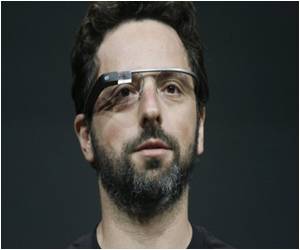Scientists at China have indicated through experiments the possibility of getting online on internet with the help of signals sent by lightbulbs (LiFi) instead of WiFi.

A lightbulb with embedded microchips can produce data rate as fast as 150 megabits per second, which is faster than the average broadband connection in China, said Chi. He leads a LiFi research team including scientists from the Shanghai Institute of Technical Physics of the Chinese Academy of Sciences, reports Xinhua.
Data rate refers to the rate at which circuits or other devices operate when handling digital information.
The term LiFi was coined by Harald Haas from the University of Edinburgh, Britain, and refers to a type of visible light communication technology that delivers a networked, mobile, high-speed communication solution in a similar way as WiFi.
People should be excited to view samples of LiFi kits, as these are cost-effective and efficient. Ten such samples will be on display at the China International Industry Fair starting Nov 5 in Shanghai.
The current equipment for wireless signal transmission is expensive and less efficient, said Chi.
"The energy utilization rate is only five percent," said Chi.
Still, there is a long way to go before making LiFi a commercial success. "If the light is blocked, then the signal will be cut off," said Chi.
The development of a series of key, related technological equipment, including light communication controls and microchip design and manufacturing, is still in an experimental period, according to the scientist.
Source-IANS
 MEDINDIA
MEDINDIA




 Email
Email




